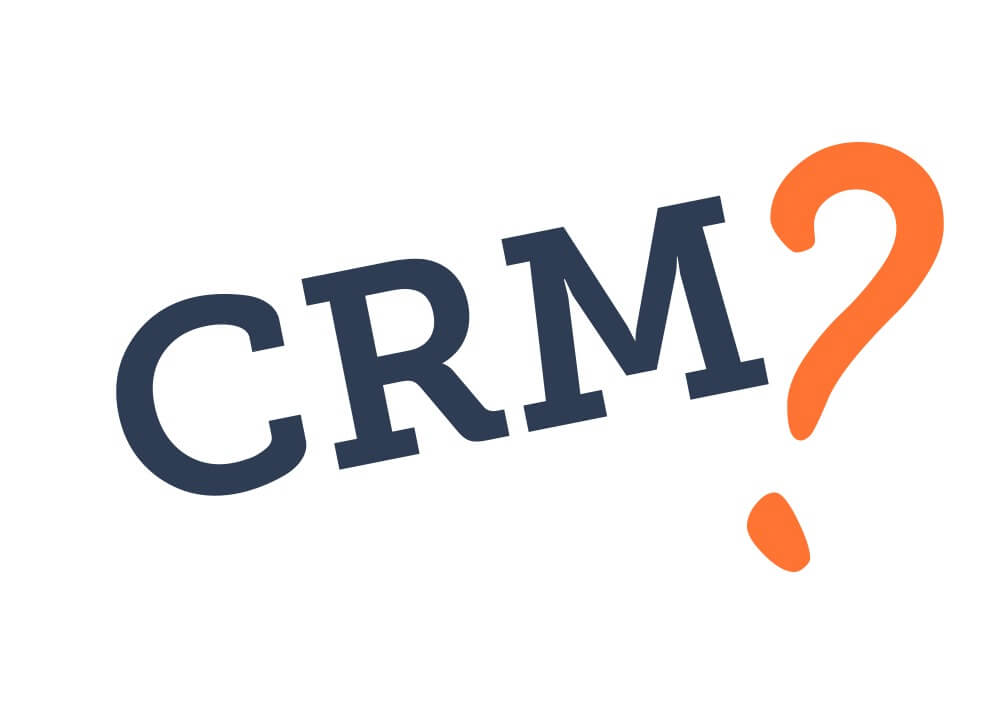A modern organization, no matter whether it’s an online business or a traditional brick-and-mortar company, can succeed only if it focuses on customer retention rather than one-time transactions. So the necessity of effective customer relationships is no longer a question. But how to make customers come back in the situation of ever-changing interests and fierce competition?
The answer is simple. You need to develop a custom CRM system. In this article, we’ll explain what it is and how it can help your business reach its long-term objectives.
A CRM system in a nutshell
When people hear about customer relationship management, they usually think of it as a base of contacts used by sales and marketing teams. But nowadays, such a definition is quite outdated since it doesn’t reflect the real value a CRM solution may bring to a business. Although contact management remains its integral part, the CRM functionality and overall purpose are now much broader than that.
In fact, CRM is rarely just about marketing or sales automation. It’s a holistic approach to business development that puts a customer at the heart of all company’s activities. That’s why a software solution designed to support such an approach is not limited to communication with current and potential customers. It also covers other business processes directly or indirectly aimed at ensuring customer satisfaction.
So, in general, we can define a CRM system as a business solution that helps organizations increase their effectiveness by improving external (i.e., customers, partners) and internal (i.e., employees) business relationships.
Custom CRM development vs ready-made solutions
The difference between a custom CRM system and off-the-shelf software might seem straightforward. But we still want to outline it here, so you don’t miss anything.
As the name suggests, a ready-made CRM is an out-of-the-box solution that anyone can buy, install, and exploit. To cover the biggest market, vendors usually pack such software with numerous pre-built features. It may seem beneficial at first sight. But, in practice, the attempt to make a one-size-fits-all CRM system makes it rather inconvenient for end-users since many modules often remain unused and serve as mere distractions.
At the same time, a custom CRM system is created by a development company from scratch, specifically for a particular business. Its functionality is highly tailored to the needs of one organization and can be easily modified as business demands change. As a rule, building own custom CRM requires higher initial investments than purchasing a ready-made solution. But you also get a lot of benefits such as advanced security, predictability, scalability, etc.
Types of custom CRM solutions
The opportunity to define your own feature set is one of the greatest benefits of custom CRM development. Yet, it’s also a challenge because you literally have to make a decision on every piece of functionality. To help you with this task, we collected the main types of custom CRM systems. Take a look:
Product CRM
This CRM is a perfect fit for businesses built around the sale of a certain product. Such a system may be compared with a back office since customers never directly interact with it. But since it allows for better quality and personalization of services, they still receive an enhanced experience as a result.
To give you an example, building a product CRM system is a great idea for a company owning the network of yoga studios. Besides providing general administrative support, it can also manage the personal preferences of every user such as a preferred instructor, special needs, and selected courses. On top of that, it may integrate with instructors’ schedules, show their available hours, and generate analytics.
Based on such information, a product CRM system can form personalized service packages for different visitors. For instance, if a customer chooses morning individual classes for an 8-year-old kid with instructor Alice every Monday and Thursday, a company may automatically tailor the price based on the set of elements included in this package. In this context, a product CRM solution may also consider some other criteria such as a customer’s VIP status.
Organizational CRM
An organizational CRM system is a complex solution that helps to automate workflows throughout the entire organization. In other words, it's an all-in-one management platform focused not only on a sales pipeline but also on other mundane operations. The exact list of its features depends on the company’s specific requirements. But, basically, it may include anything, from the onboarding of new employees to advanced analytics.
In addition, organizational CRM can be integrated with other similar solutions. For instance, a CRM system for sales personnel may be connected with a CRM for the warehouse staff and accounting. At the same time, CRM for top management may accumulate information gathered from all these sources and create relevant reporting.
Analytical CRM
The main purpose of analytical CRM is to help a company properly leverage a vast amount of information it constantly collects. The solutions of this type allow managers to monitor a number of operations in real time as well as generate statistics and reports based on different segmentation criteria. However, creating a standalone analytical CRM is a rather rare case since businesses usually want to have powerful analytical tools embedded in every solution they develop.
Collaborative CRM
Organizations create a custom collaborative CRM when they need to improve the collaboration among team members as well as the quality of interactions with customers. Such a solution not only makes communication across different business channels possible but it also ensures its effectiveness. For this reason, instant messaging, shared boards, and task assignment are the most common basic features of these systems.
Alternatively, collaboration tools, either third-party or custom, may be integrated into other types of bespoke CRMs.
Wrapping-up
If you want to increase the productivity and profitability of your business, creating strong bonds with customers is the right way to go. A custom CRM solution will help you nurture fruitful relationships with all people interacting with your company and build a foundation for its enduring success.
Ready to take your business to the next level with custom CRM? Reach out!






